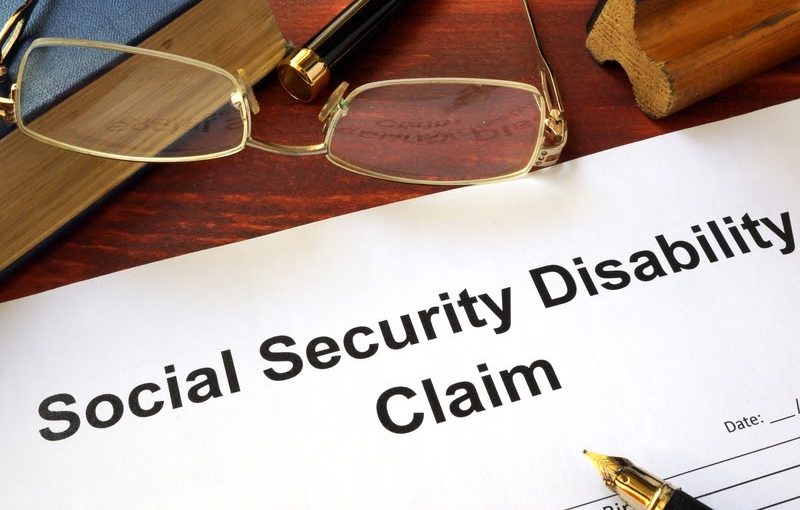Depression is a mental health disorder that causes individuals to feel a loss of self-worth and happiness, resulting in feeling overwhelmingly sad, unmotivated, or lost. Unfortunately, depression can be severe and affects millions of people of all ages. If you suffer from depression you may be considering the option of applying for Social Security Disability benefits. Understanding what Social Security requires to document depression and how you can qualify for benefits can help you on your road to maintaining stability and seeking recovery.
What Is Depression?
Depression is classified as feeling sad, hopeless, discouraged, or “down in the dumps,” for an extended period of time. While depression is common for most people to feel at some point in their lives, serious episodes of depression, or clinical depression, can lead to the loss of relationships, employment, homes, suicide, and more.
What Is Clinical Depression?
Clinical depression is severe depression that has been diagnosed by a medical professional, most often a general practitioner, a psychiatrist, or a psychologist. If you are suffering from extended bouts of feeling depressed that are not due to everyday events, tragic occurrences, or circumstances, speak with your doctor to determine the best course of action that is right for you.
Signs and Symptoms of Depression
The signs and symptoms of depression vary, as no one individual experiences life and pain in the same manner. However, there are common signs and symptoms that typically manifest in those who struggle with ongoing clinical depression or depressive episodes due to another mood disorder or mental illness. Some of the mental and emotional signs of depression include:
- Loss of focus and concentration
- Despondent attitude and behavior
- Social withdrawal
- Loss of joy in activities that were once a source of fun and pleasure
- Insomnia
- Oversleeping
- Lack of care for responsibilities and relationships
- Poor hygiene routines
- Thoughts of suicide
- Discussions of suicide
In addition to the mental and emotional signs that manifest in those who suffer from depression, physical signs and symptoms may also present themselves. Some of the more common physical signs of ongoing clinical depression may include:
- Anemia and bruising
- Loss of appetite
- Nausea/vomiting
- Diarrhea
- Constipation
- Hair loss
- Tooth issues
- Malnutrition
Is Depression a Disability?
Clinical depression is classified as a disability because it interferes with daily activities, work, relationships, concentration and focus, and other basic tassk. Individuals who suffer from chronic, manic, or ongoing depressive episodes may qualify for Social Security Disability benefits if their symptoms are severe enough to keep them from working on a full-time sustained basis..
How to Apply for Social Security Disability Benefits for Depression
Applying for Social Security Disability in the state of Utah is possible by visiting your nearest Social Security office or by doing so online. You have the ability to apply for Social Security Disability benefits independently and without legal representation, though many people recommend working with an attorney.
You will need to prove that you have a valid diagnosis of depression or a related disorder and that diagnosis needs to be made by someone who is qualified to make it. To meet the severity requirements, your depression must interfere with basic functioning in at least two of four fundamental areas of functioning: understanding, remembering, or applying information; interacting with others; concentrating, persisting, or maintaining pace; and, adapting or managing.. If your activities of daily living and social functioning have been severely impaired, you may qualify for SSDI benefits. If your ability to maintain focus and concentration and your ability to maintain basic daily functioning have been severely impaired, you may also qualify for SSDI benefits. . You will require medical documentation and proof of your depression in order to prove the severity of your depression and how it is negatively impacting your daily life and ability to sustain yourself. Just taking medications or going to regular counseling is not sufficient. You will need to establish that nearly every aspect of your life is worse because of depression.
When working with medical professionals and attorneys, it is best to be open, honest, and upfront about how depression has affected your life. With the proper support from your legal counsel and doctors, you can be successful applying for the SSDI benefits you need.

